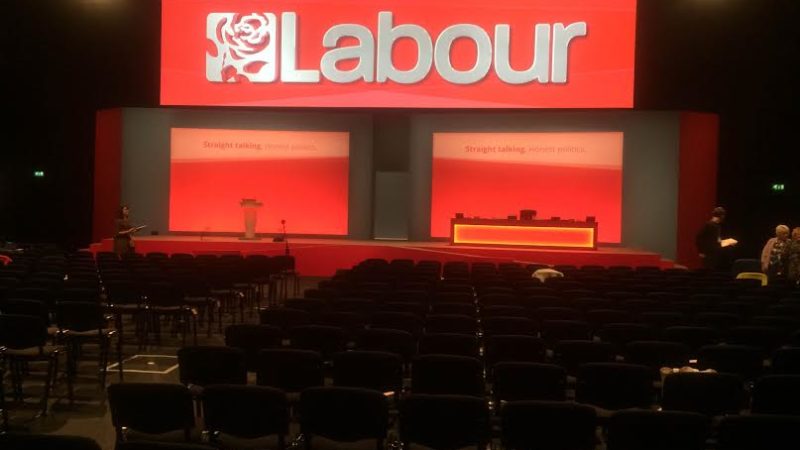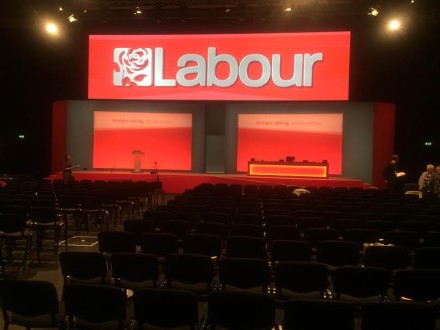

Labour’s National Executive Committee is reviewing how we can improve campaigning, communications and engagement through digital technology and party reform. Party reform covers a number of important areas including reforming local and national party structures, improving equality and diversity of representation, reviewing the our policy making, campaigning and organising, providing greater support for Councillors and responding to the devolution agenda.
Deputy Leader Tom Watson is leading this work via the NEC Party Reform working group. The working group consists of six word strands, each chaired by members of the NEC. The strands are policy-making chaired by Angela Eagle, gender representation chaired by Ann Black, under representation chaired by Jennie Formby, devolution chaired by Johanna Baxter and Andy Kerr (Scotland), Cath Speight (Wales) and me (England), support for Councillors chaired by me and Ann Lucas and party organising and community organising chaired by Jim Kennedy.
This is a challenging time for local government. The Tory government continues to make massive cuts to Council budgets. It is important that Labour is vocal in opposing these disgraceful, damaging Tory cuts, while at the same time emphasising about the amazing, positive difference Labour Councillors make to our communities. Throughout the UK our Councillors demonstrate the difference voting Labour makes. Councillors are proud of our role in the Labour Party and everything we contribute, particularly our contributions to election campaigning and the Party’s finances. Our 7,000 Labour Councillors are leading the electoral fightback. It is important that within the Party we get the respect we deserve.
The support for Councillors strand recognises the vital role Councillors play. Key issues to address include looking at how local government can work more effectively with the Shadow Cabinet and MPs, improving training and development opportunities, using Councillors and local government leaders more in national media, ensuring Councillors are well resourced to fight elections and are able tailor campaign messages and materials to their local audiences, ensuring accountability for ALC subs, reviewing how Councillors are represented within the party on bodies like the NEC, NPF, CAC, regional boards and so on, reviewing the effectiveness of LCFs, reviewing Councillor selection processes, and how the party supports Labour Groups, from ensuring they have access to local membership lists to giving Groups supporting nomination rights in Labour Leadership and Deputy Leadership elections.
A key aim of the Party Reform work is to improve diversity among our elected representatives, including increasing the number of Labour’s female Councillors and women in leadership roles within local government. This involves identifying the barriers that prevent more women (and candidates from other under-represented groups) from standing for election and fulfilling their leadership potential, as well as working to remove these barriers.
Related to this is the devolution strand, which will look at how Labour should change the way it operates in response to new devolution deals throughout the UK. We are considering which party decisions could be devolved to local and regional parties. In terms of English devolution we are also looking at how we organise selections, including for new positions such as the new directly elected Mayors, how to ensure directly elected mayors are accountable and engaged with the communities they serve, and what can be done to encourage and support a diverse range of candidates to stand for/win Mayoral selections. With many devolution deals focusing on the Midlands and Northern metropolitan areas, we are also considering how the issues and concerns of areas not currently included in the devolution deals can be better represented.
National identity frequently framed political debate in last year’s general election, albeit in very different ways Wales, England and Scotland. The Devolution strand is considering how Labour should respond to voter’s sense of national and regional identity, including how Labour should respond to messages of popular nationalism and connect in a positive way with voters’ sense of regional or national pride. In terms of English devolution, we are considering how the Labour Party overcome pessimistic patriotism, which gives rise to popularity for UKIP and anti-European messages.
The Party Reform Working Group is consulting on each working stream and will table recommendations in the summer in time to put any rule changes to Labour Party Conference this autumn. If you have any views on local government, devolution or how Labour can better support Councillors please get in touch and make sure your voice is heard.




More from LabourList
‘Labour council candidates – it’s tough, but all is not lost’
‘Labour won’t stop the far right by changing leaders — only by proving what the left can deliver’
‘Cutting Welsh university funding would be economic vandalism, not reform’